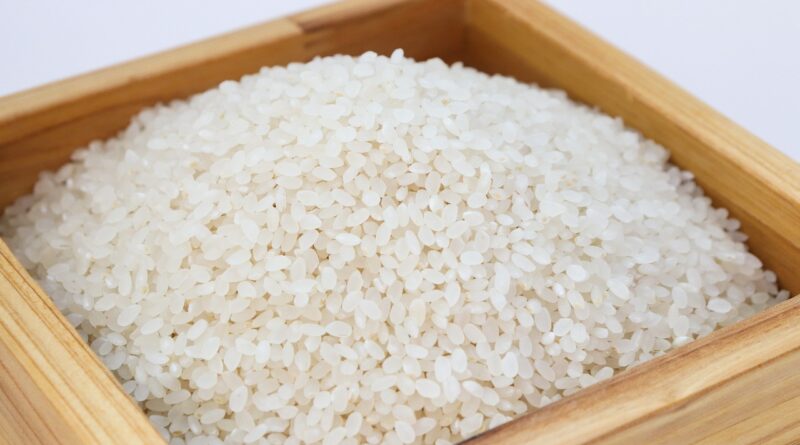‘We hope India will open gate for Guinea-Bissau to buy rice from India’: FM Carlos Pinto Pereira
By ANI
Carlos Pinto Pereira, Foreign Minister of Guinea-Bissau has said that they hope India will open a gate for Guinea-Bissau to buy some rice from India in future.
External Affairs Minister S Jaishankar on Saturday held a bilateral meeting with Carlos Pinto Pereira, Minister of Foreign Affairs of Guinea-Bissau.
The two foreign ministers met in New York on the sidelines of the 78th session of the UN General Assembly (UNGA).
“We also discussed the related ban decided by the government of India with rice and we hope India will open a gate for Guinea Bissau to buy some rice from India in this next future,” Pereira said.
The two ministers discussed bilateral relations and some multilateral issues.
Guinea’s Foreign Minister further highlighted India’s participation in BRICS held in South Africa.
“We hope that with BRICS the financial issues should be treated differently in the future with a more effective support to the developing countries…We also speak about our bilateral cooperation,” he added.
Underscoring that India is one of the most important markets for Guinea-Bissau cashews, he said, “We also want to have direct investment from India in Guinea Bissau in order to transform the cashew in Guinea Bissau.”
I hope we will have some positive results in the future, he added.
Moreover, Pereira emphasized that we (Guinea-Bissau) hope to reinforce our relationship with India.
Prior to meeting with Pereira, Jaishankar held bilateral meetings with his counterparts from Egypt, Uganda and Cyprus.
Day 1 of Jaishankar’s visit was a busy one, full of engagements with his counterparts from multiple countries on the sidelines of the 78th United National General Assembly.
Jaishankar is leading the Indian delegation for a week-long visit to New York, where he will address the United Nations General Assembly. Jaishankar is scheduled to address a High-Level session of the 78th UNGA on September 26, according to an official statement by the Ministry of External Affairs.
This article has been republished from The Print

